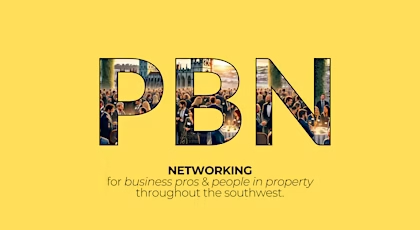To rank higher on Google, follow these 13 key steps based on expert SEO strategies:
- Optimize On-Page SEO
Improve your page titles, meta descriptions, URLs, and content structure. Place target keywords near the beginning of titles and naturally throughout the content to signal relevance to Google. - Understand and Align with Search Intent
Match your content to what users are actually searching for—whether informational, navigational, commercial, or transactional intent. Analyze top-ranking pages for your keywords to tailor your content accordingly. - Create High-Quality, Comprehensive Content
Produce in-depth content (aim for 1,800+ words) that thoroughly covers the topic and answers users’ questions. Quality content is the number one ranking factor. - Use Latent Semantic Indexing (LSI) Keywords
Incorporate related keywords to help Google understand the context and breadth of your content, enhancing topical relevance. - Pick Keywords That Are Easier to Rank For
Target keywords with low difficulty to start ranking faster and build site authority, which will help with more competitive keywords later. - Boost Click-Through Rate (CTR)
Use emotional and compelling title tags, descriptive URLs, rich snippets (like star ratings), and persuasive meta descriptions to attract more clicks from search results1. - Use Internal Linking
Link from one page on your site to another to distribute page authority and improve rankings for important pages. - Fix Technical SEO Issues
Regularly audit your site to fix broken links, duplicate content, improve site speed, ensure mobile-friendliness, and keep your sitemap updated. - Build Quality Backlinks
Earn authoritative backlinks naturally through great content and outreach, as backlinks remain a strong ranking factor. - Optimize for Local SEO (if applicable)
Optimize your Google Business Profile with accurate info, photos, posts, and reviews to rank higher in local search and Google Maps. - Refresh and Update Content
Regularly update existing content to keep it relevant and competitive in search rankings. - Add Multimedia and Visuals
Enhance user engagement and content quality by including videos, helpful visuals, statistics, and tables of contents. - Monitor and Measure Performance
Track your rankings, traffic, and user engagement to identify what works and adjust your strategy accordingly.
By systematically applying these steps, you can improve your Google rankings sustainably and attract more organic traffic without risking penalties125678






